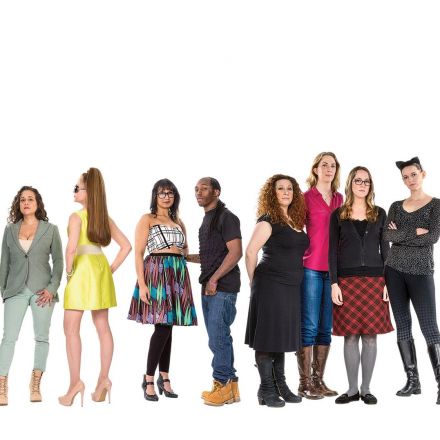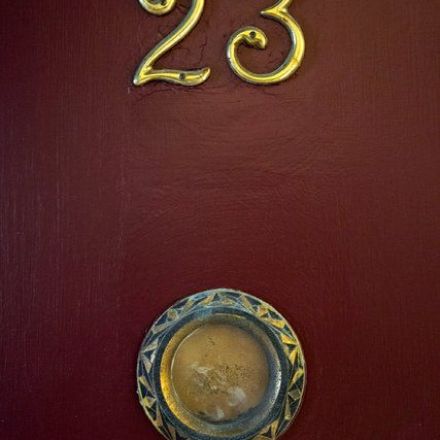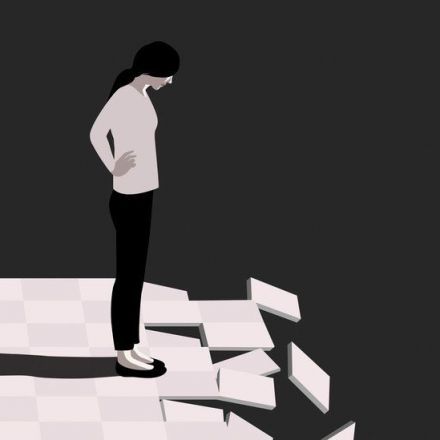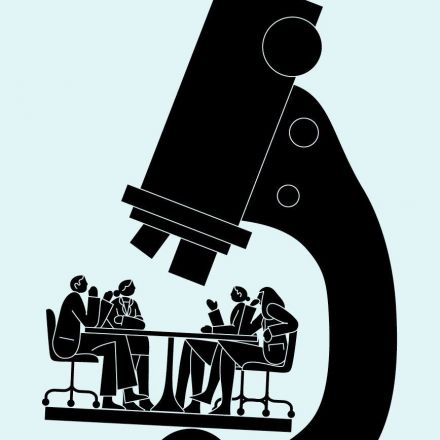Thank you
Your email has been added to our waiting list and we will send an invite to you as soon as possible. Thank you for your patience.
In the meantime, if you happen to run a blog, our newly launched Blog Enhancement Suite can utilize the immense power of community to help you get more audience, engagement, content, and revenue with your own embeddable community! It will breathe new life into your blog and can automate many of the tedious tasks that come with the territory, so you can focus more on what matters most... writing.
Help spread the word about Snapzu:
Let others know about Snapzu by tweeting about us. We appreciate every mention!
Tweet it!





























Join the Discussion
Honestly, I don't think it should be. It should be closely regulated to ensure sex workers aren't being coerced or exploited, that they can ensure they're safe (both from violence and from disease) and that they have the support they need to deal with the consequences of such work. But for those who choose to do this work whether it's out of desperation or because they think it's a good way to make money, they should have the same guarantee of support as a life guard or any other worker who comes into physical contact with other humans as part of their job requirement.
It's OK in the US to have sex for money, if you're an actor and people are filming you and other people are going to pay to watch you have sex.
But having sex for money in private is illegal?
Kind of creepy weird really.
No.
I honestly don't know where I stand on this yet, but it seems like a conversation that needs to move forward in new ways. I think the article does a pretty good job of showing how complex and various the issue is in different places and for different people, and that seems to be the only real truth of it. One the one hand, there is certainly evidence that practical approaches to regulating and making prostitution as safe as possible can be good for society and for sex workers. On the other hand, there's plenty of evidence that in even in societies that regulate it prostitution still tends to be a net loss, if not a dehumanizing tragedy, for some percentage of its practitioners. But there's obviously work to be done no matter where you stand, and neither criminalizing or decriminalizing are solutions in themselves.
The article does a good job of showing that there's no one-size-fits-all solution to the problem at any scale, and that a lot of people tend to bring their ideology to the table, rather than their humanity or nuanced thinking, when trying to deal with it. None of that is a big surprise. Prostitution is an issue that goes right to the heart of who we are as human beings and how we view the foundations and hierarchies of a healthy society. At some point societies may have to confront the apparent fact that you can't simply stop people from selling sex by forcing a set of abstract social or moral principles on them via law or coercion. Doing so usually just moves the problem down the line, leaving the powerless and/or their direct enablers holding the bag while those who can afford to look the other way have their principles confirmed in ways that mostly benefit their sense of self, not the victims of a dysfunctional system or society as a whole. Confronting this disconnect between motivations and results mostly falls into the "tried it but nothing really changed" category of self-analysis that folks who stand only on principle are uniquely bad at doing.
In that sense, the parallels between some methods of dealing with prostitution and the war on drugs are hard to miss. Society is often more interested in attacking symptoms but not the disease, maybe for fear that the 'disease' may be inherent to our principles, society, or human nature itself. There are a lot of issues involved in prostitution, as there are in drugs/addiction, and not all of them are external to a healthy society or subject to change. But acknowledging that level of complexity would force us as societies to do the hard work of listening and self-criticism before acting, instead of keeping the problem at arm's length with "us and them" sermonizing and ideologically-motivated activism. So I don't hold much hope that we'll ever sort out the practical politics of minimizing or eliminating the damage done by prostitution.
In general, I'm against legislating morality, punishing victims, putting agendas ahead of practicality, and reducing complicated issues to 'good vs evil' polarities. Ultimately, I would prefer to see prostitution reduced, made safe and equitable for all involved through practical measures, and free from coercion on all accounts. And I've always felt that pimps/traffickers/brothel-keepers were far more of a criminal element than sex workers or their clients and should be treated as such. Yet I have not yet heard what I would consider an approach that would reliably produce those results, nor am I sure such an approach will ever exist. So I'l...
Read FullThe biggest problem with regulation is that it will require licensing, those licencors in order to make sure their workers are safe would in turn need to take information from customers and probably only credit, in return this is going to make sure that the current system never goes away because without being able to be anonymous there is probably a large section that would avoid the legit places. I also imagine for the workers it will be taxed and perhaps some of them won't like the new better system for the testing and rigmarole they will need to go through. Then you have the fact in my part of the south if you can get your adult themed business in place, like a toy shop, each worker has to have a background check, fingerprints and a license from the county and sometimes the city too. Can you imagine the process for sex workers?
I firmly believe it should be a regulated industry, I just don't see how we get there.